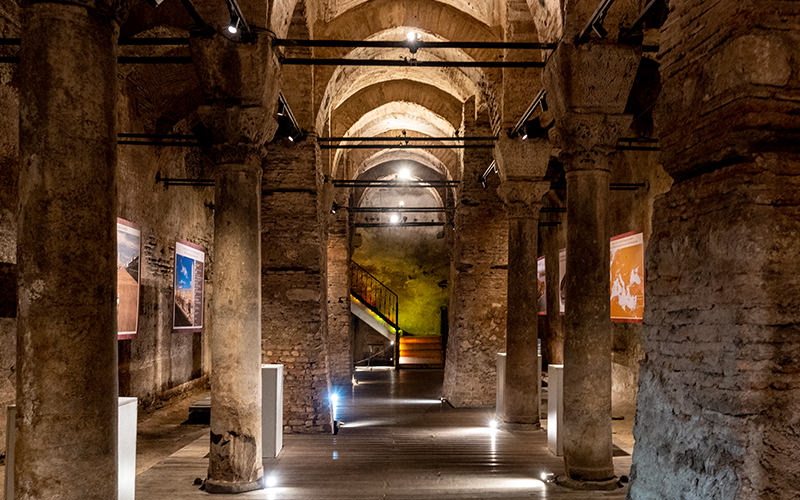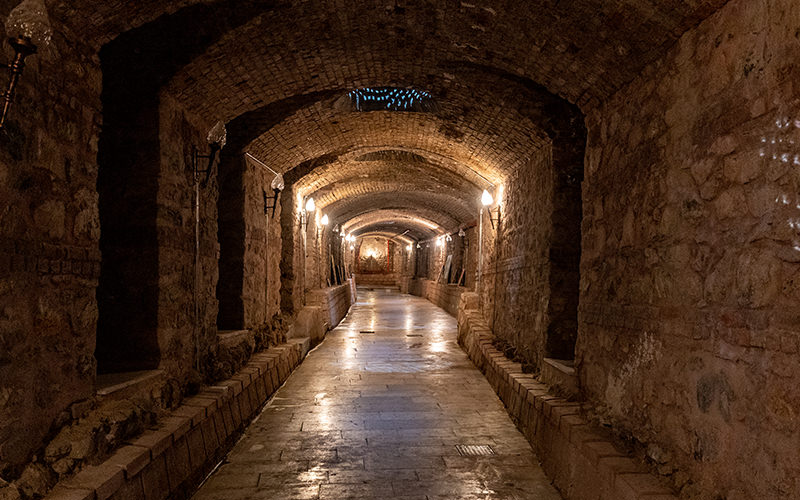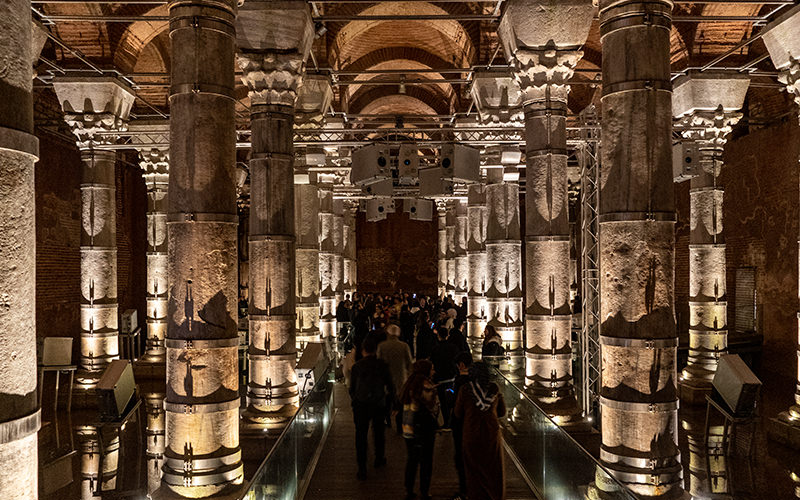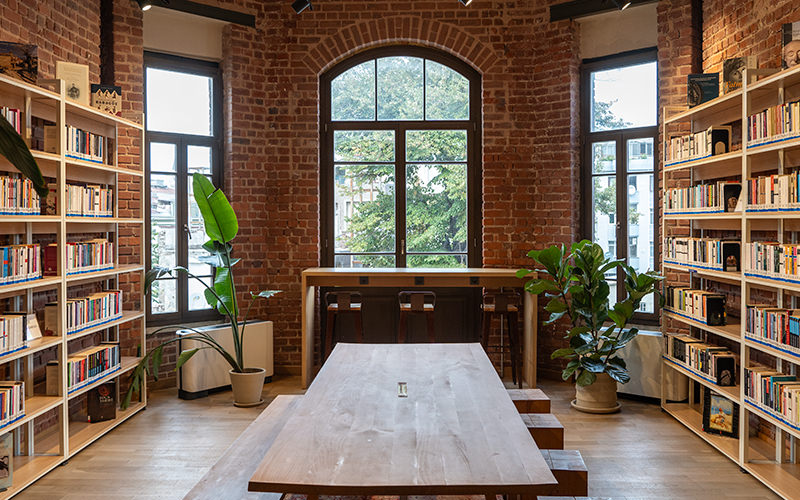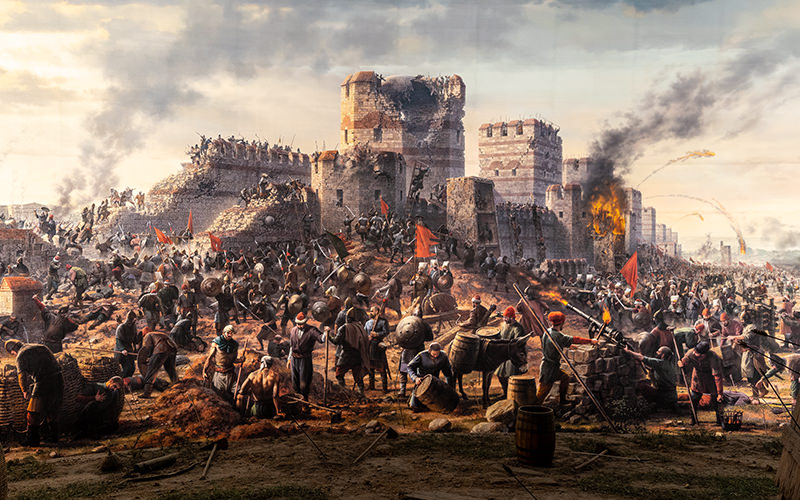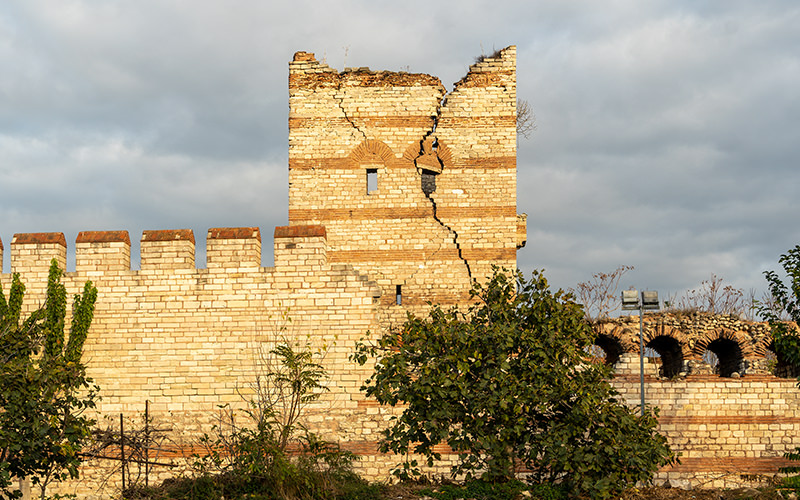When asked about a non-touristy attraction to visit in Istanbul, I immediately think of Yedikule Fortress. It is located not far from the city center and can be reached in just half an hour. Usually, there are only a few visitors here, allowing you to peacefully enjoy the ancient site and spend a great time on the observation deck overlooking the Sea of Marmara and the center of the ancient city.
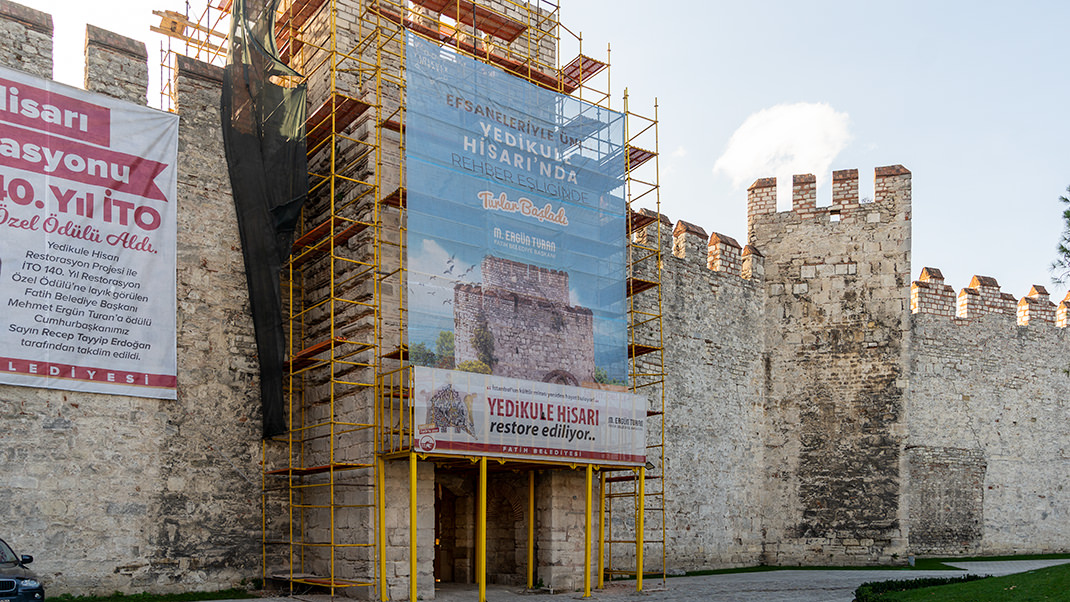
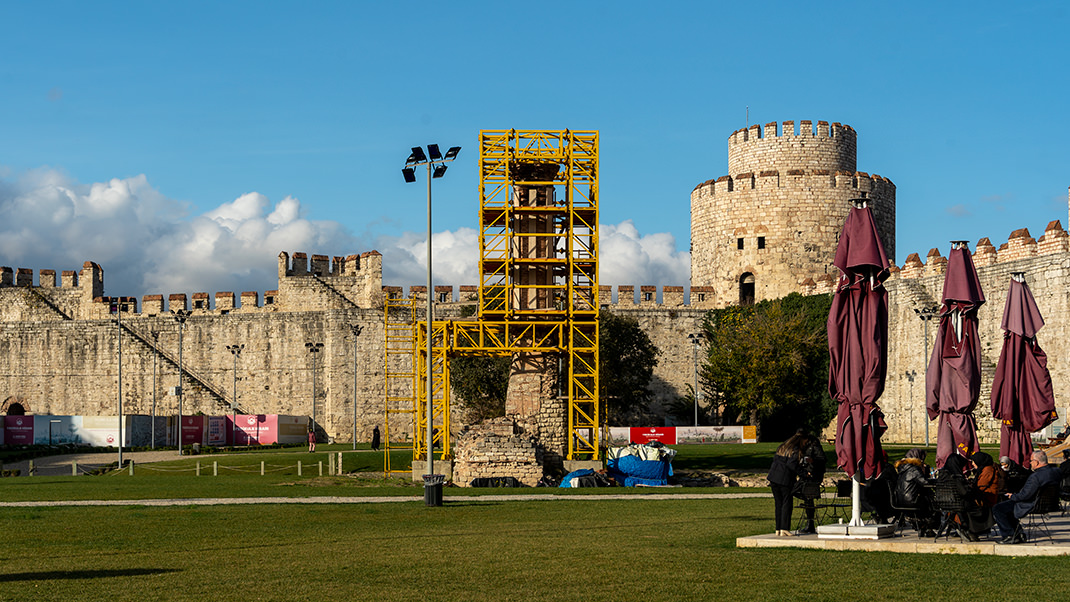
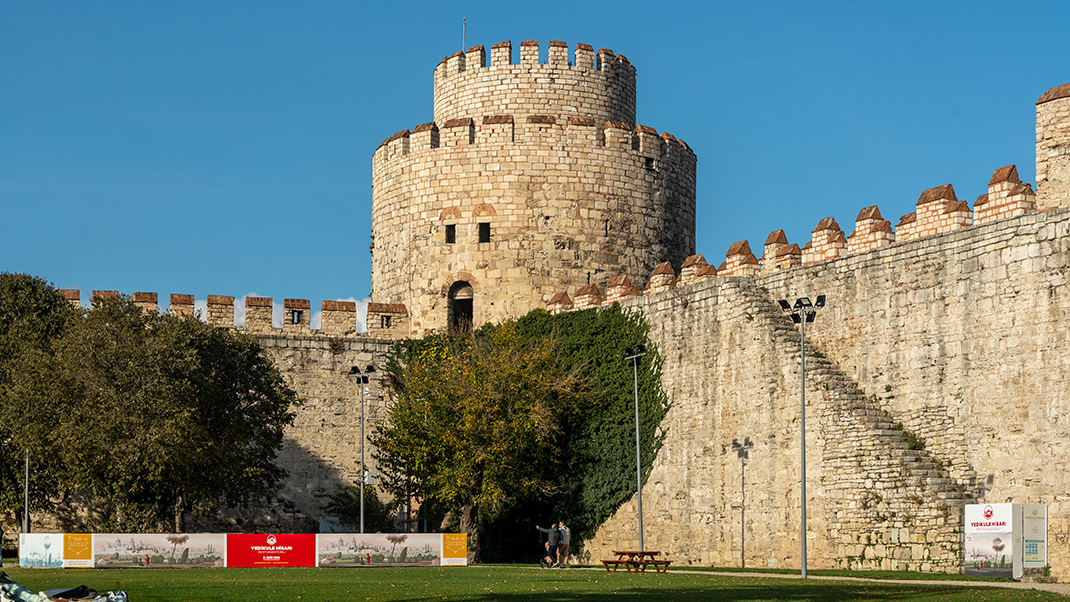
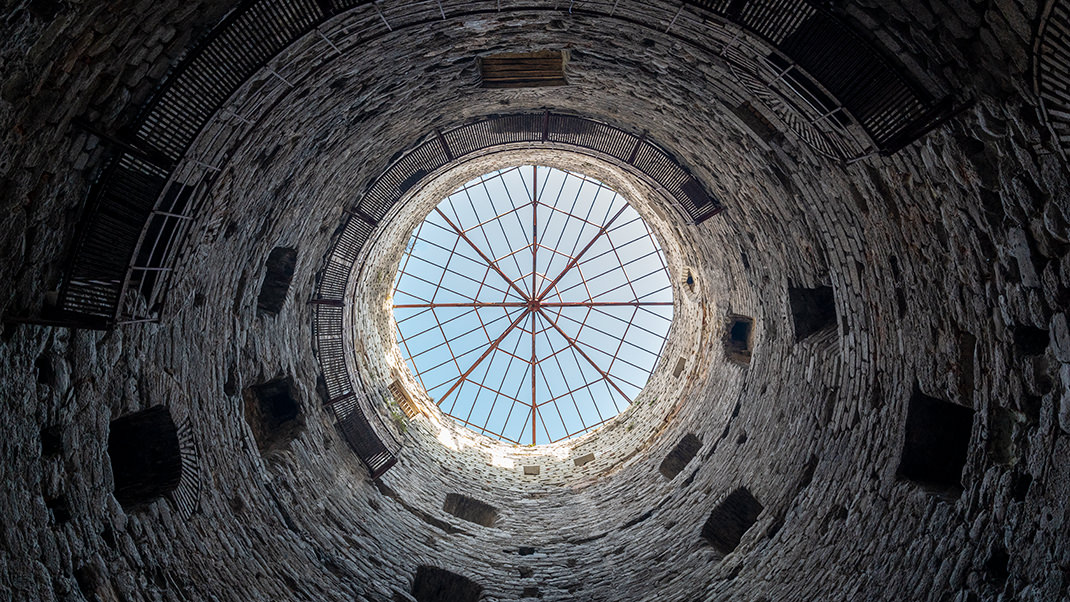
How to get there by metro
Yedikule Fortress is easily accessible via the "Marmaray" railway line, which intersects with the Istanbul metro stations. Just a few hundred meters from the entrance to the complex is the pavilion of the "Kazlıçeşme" station.
The entrance fee to Yedikule Fortress is 100 Turkish liras (as of spring 2023). I have visited the fortress several times, but it is not always open to the public due to occasional reconstruction work. It is advisable to check the fortress's schedule in advance.
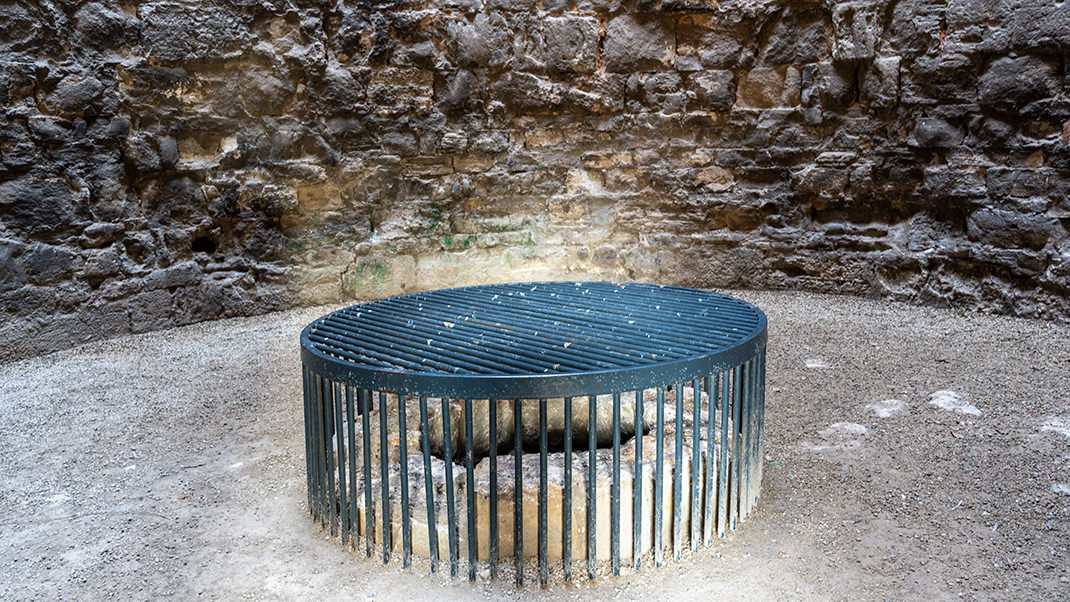
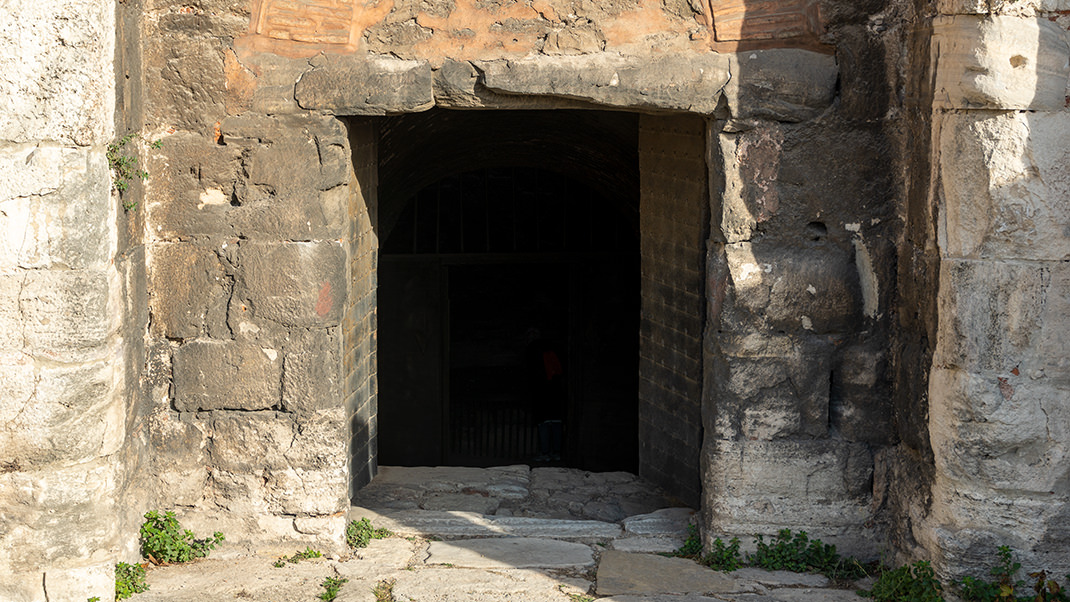
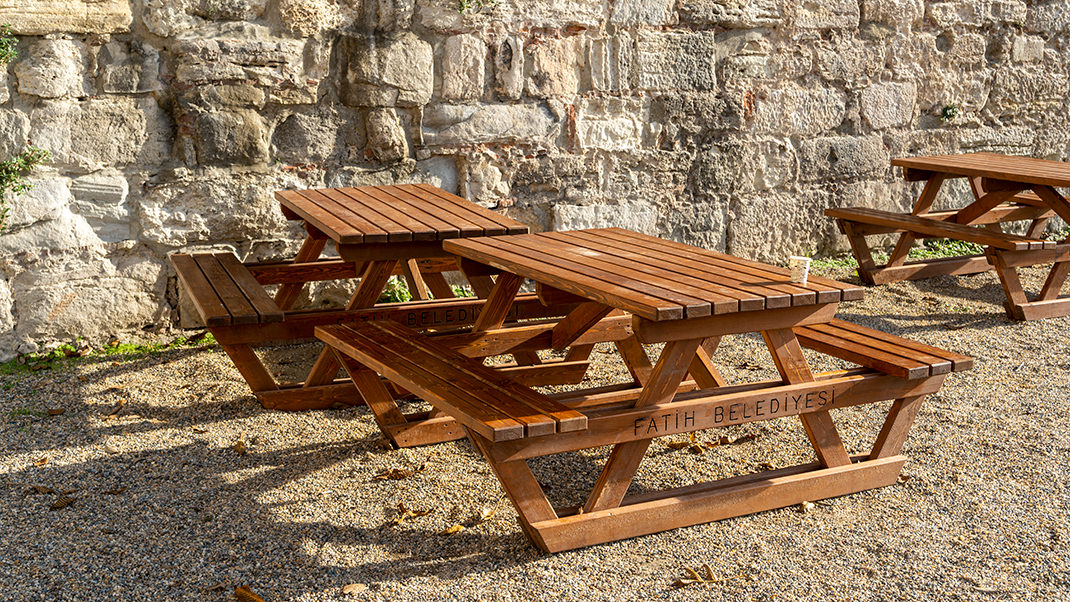
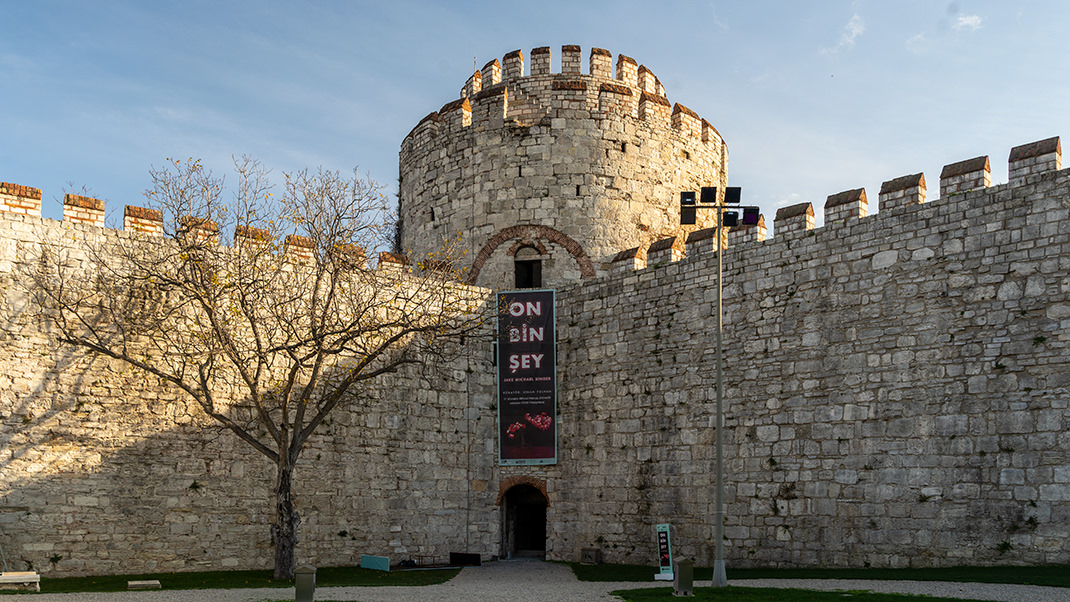
A bit of history
The history of Yedikule Fortress begins with the Triumphal Arch, which was used for the passage of emperors into the territory of Constantinople. Due to its golden decorations, it was named the Golden Gate. The exact date of the arch's construction is unknown, but it is believed to have been built in the late 4th or early 5th century. It's remarkable that this ancient structure is part of the fortress even today, although the decorations of the arch have long been lost, and most of the gate's arches are filled with bricks.
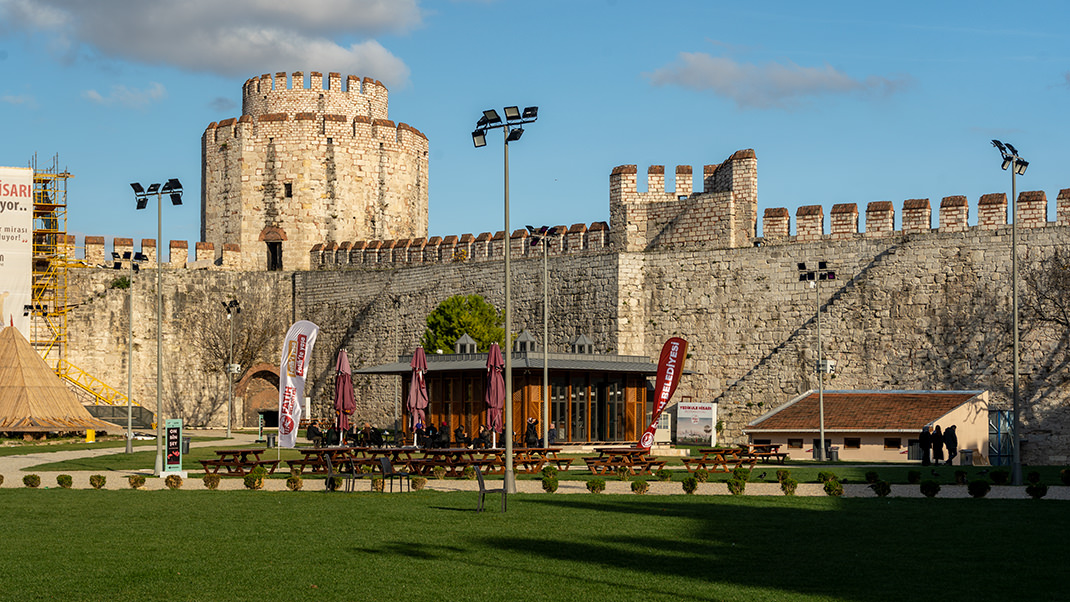
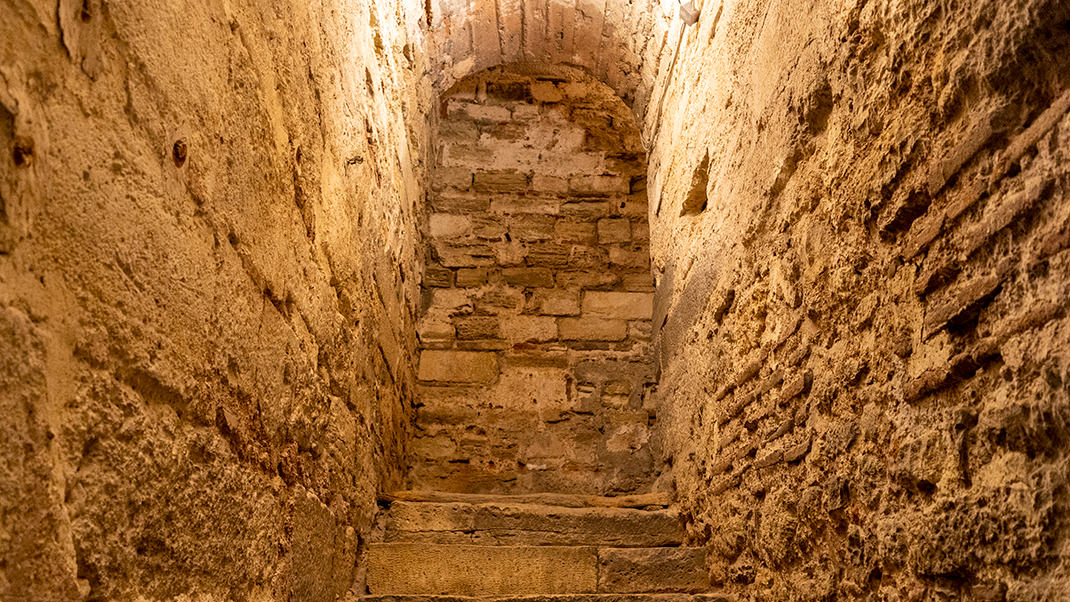
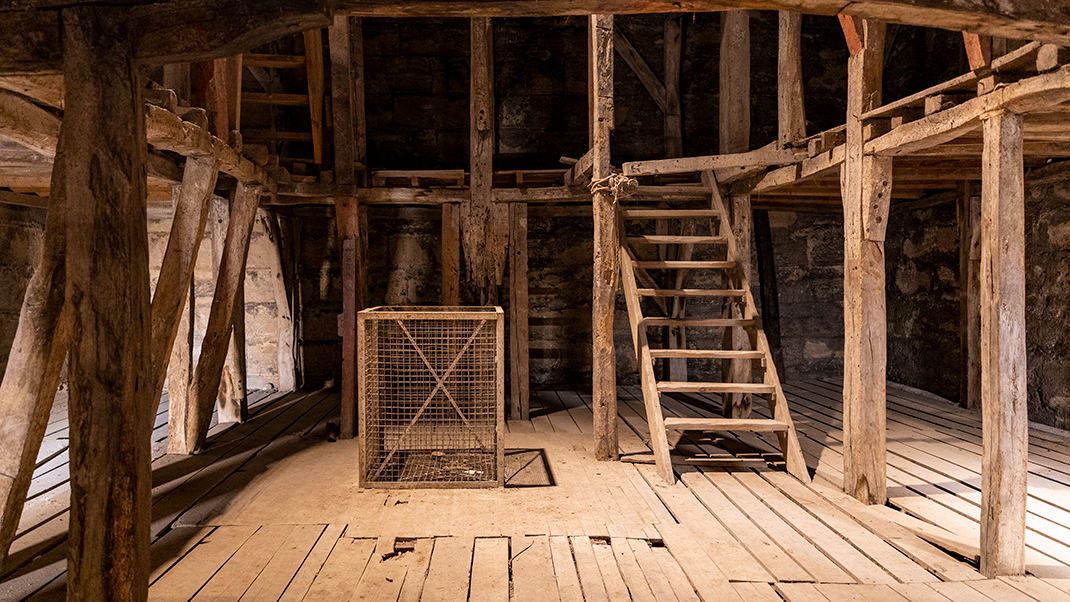
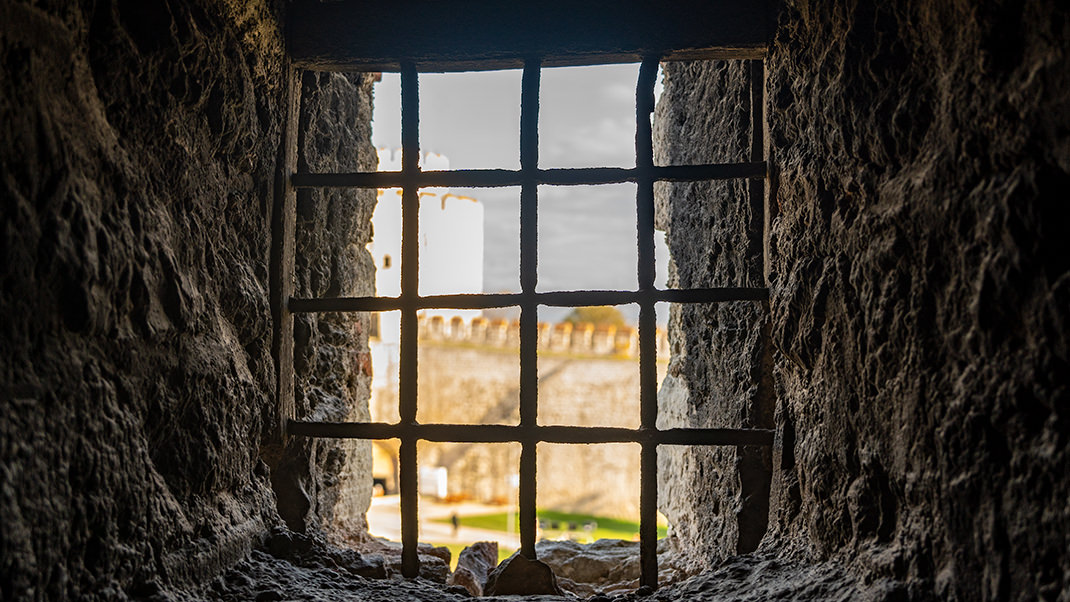
After the city was conquered, a fortress was built behind the Golden Gates, incorporating four towers that were already present. By the way, there are a total of seven towers here, which is why the fortress is sometimes referred to as the Castle of the Seven Towers.
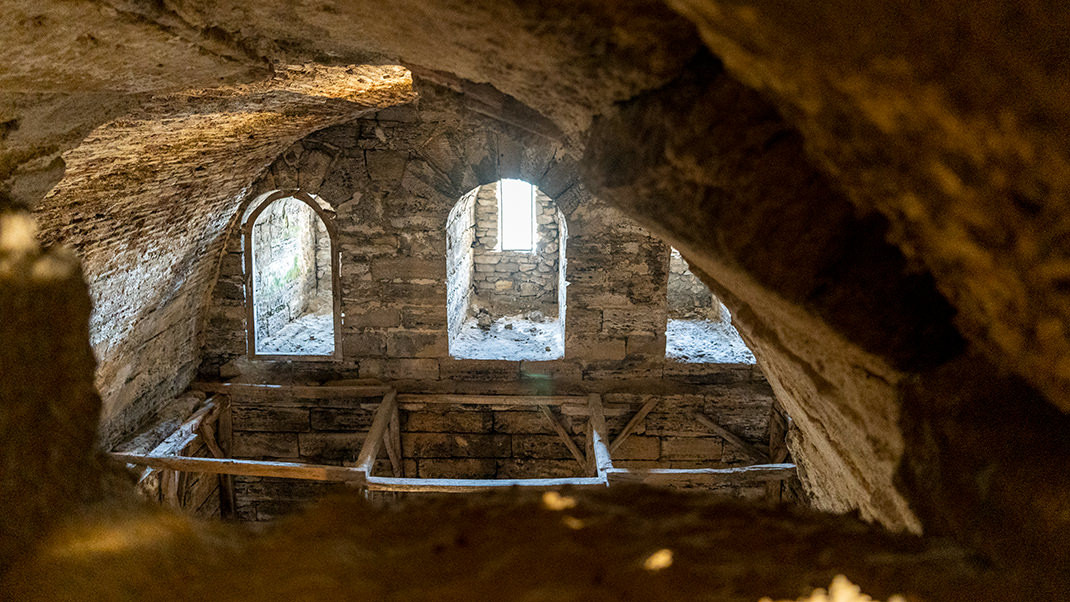
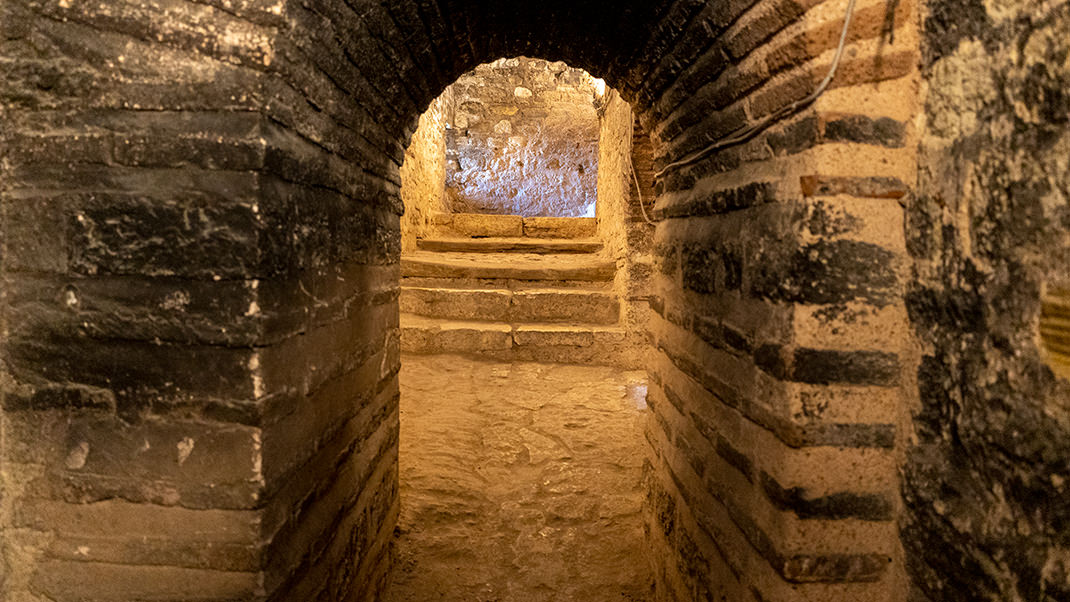
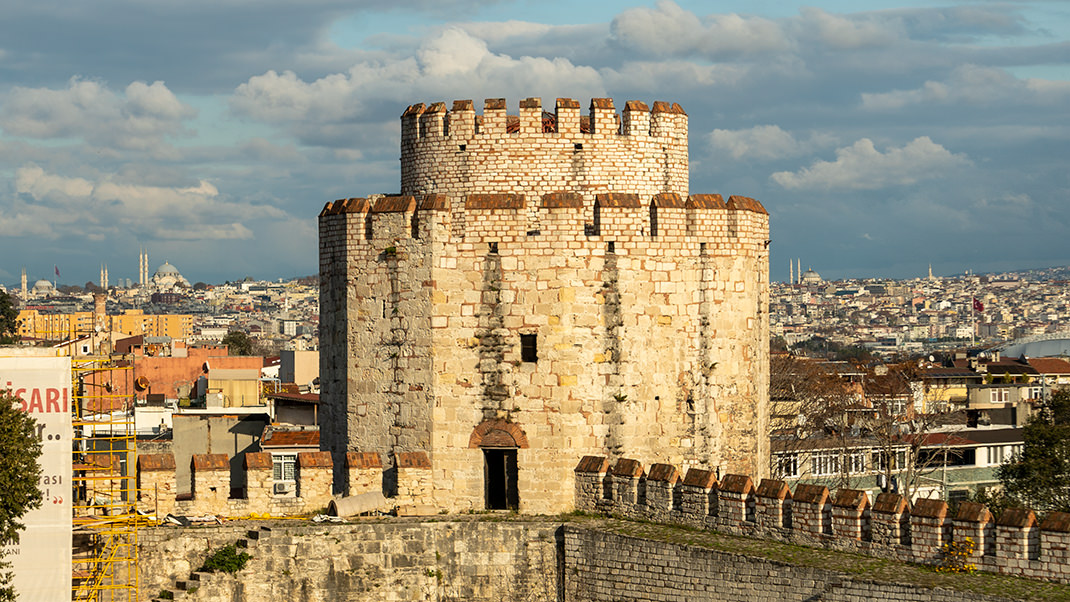
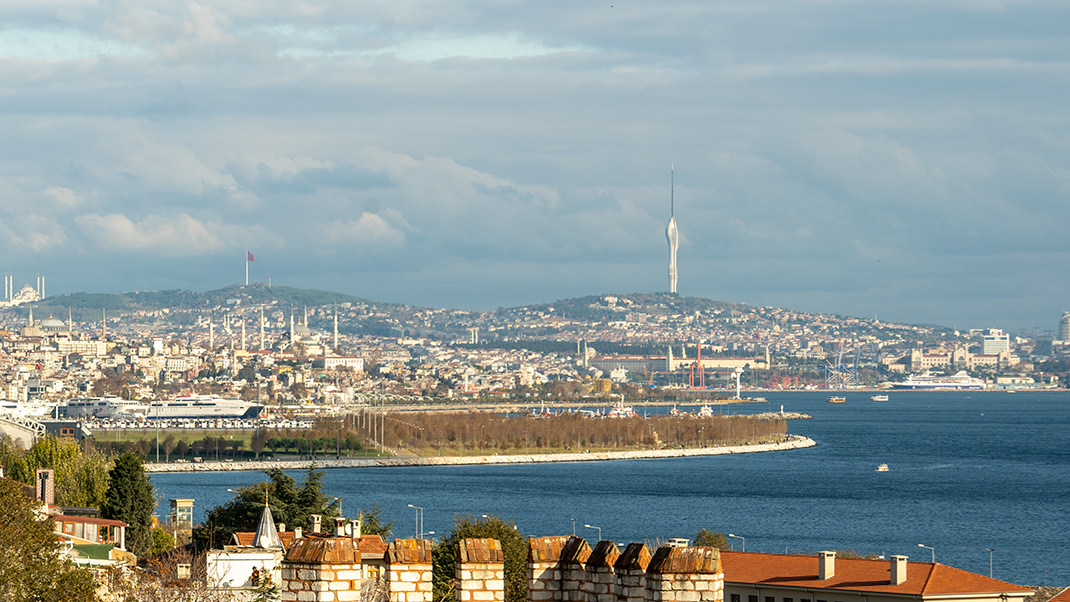
Initially, Yedikule Fortress served as a treasury and later became a place to hold prisoners who displeased the Turkish rulers, including prisoners from other countries. According to guidebooks, there are still inscriptions made by foreigners in one of the towers.
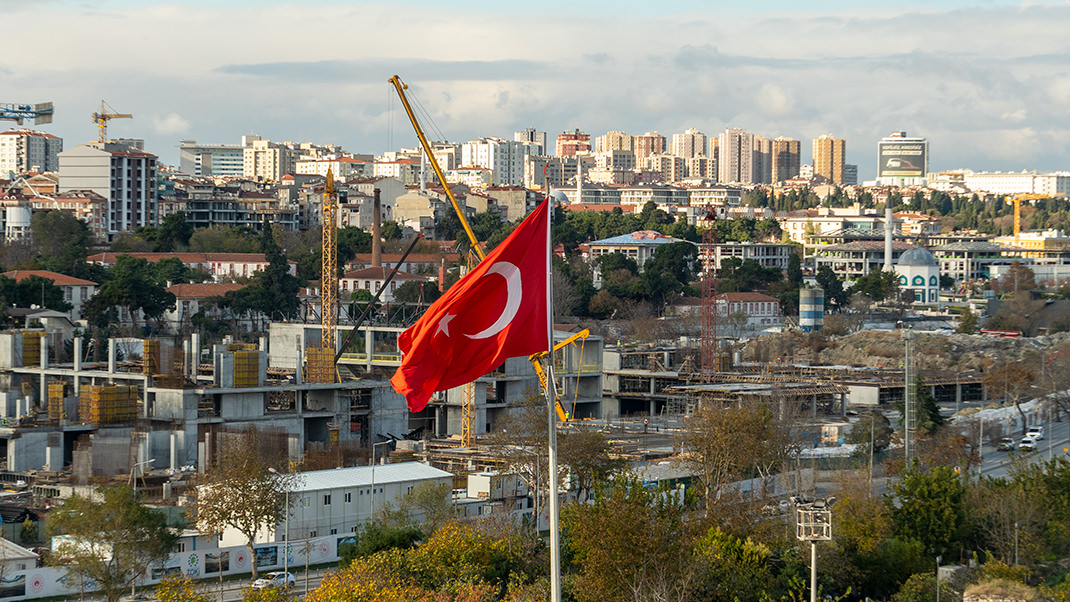
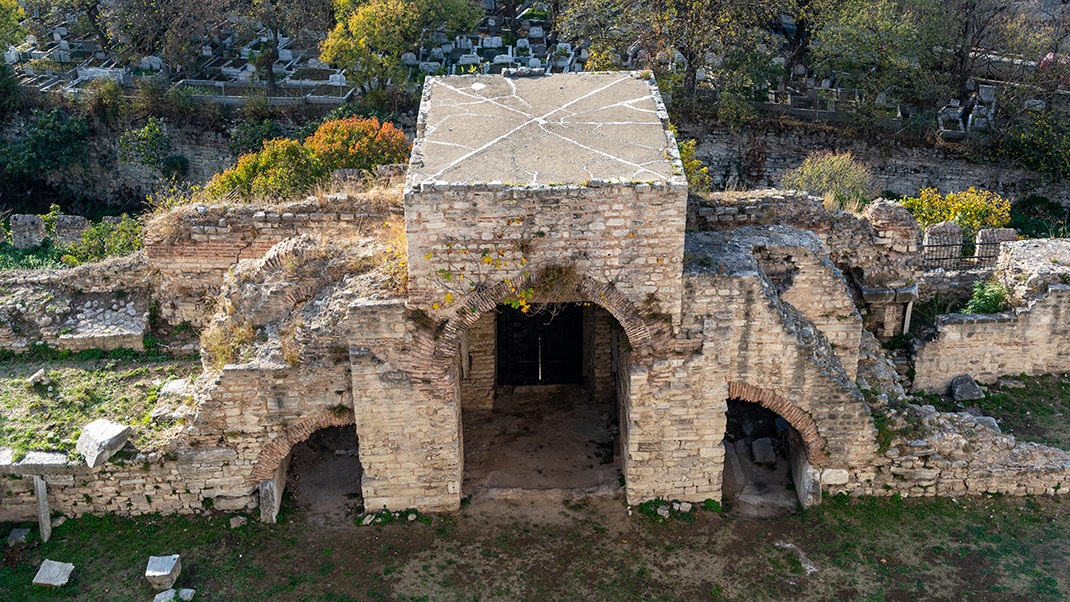
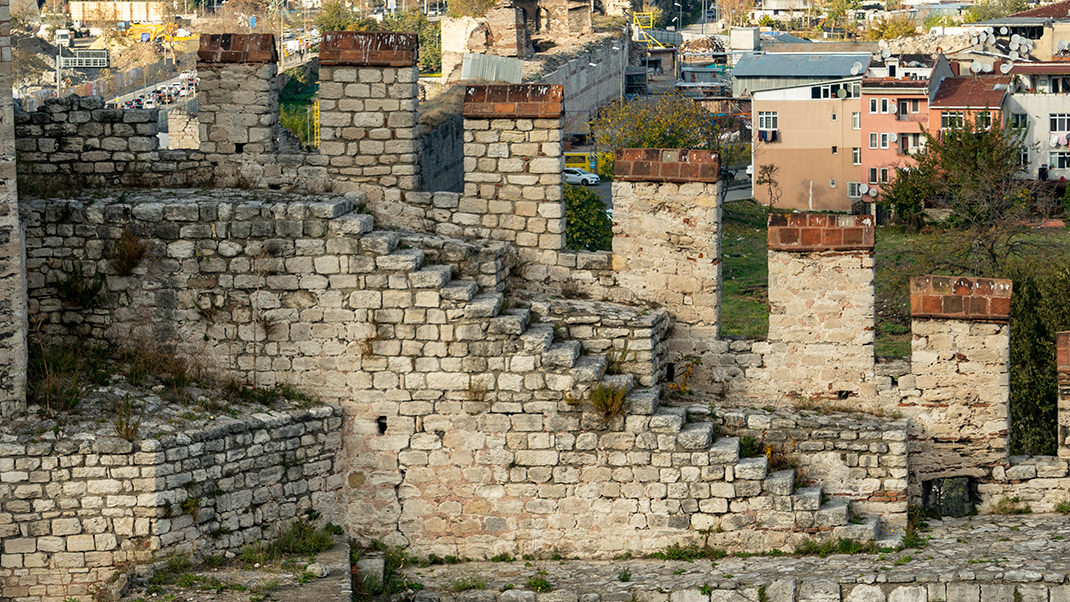
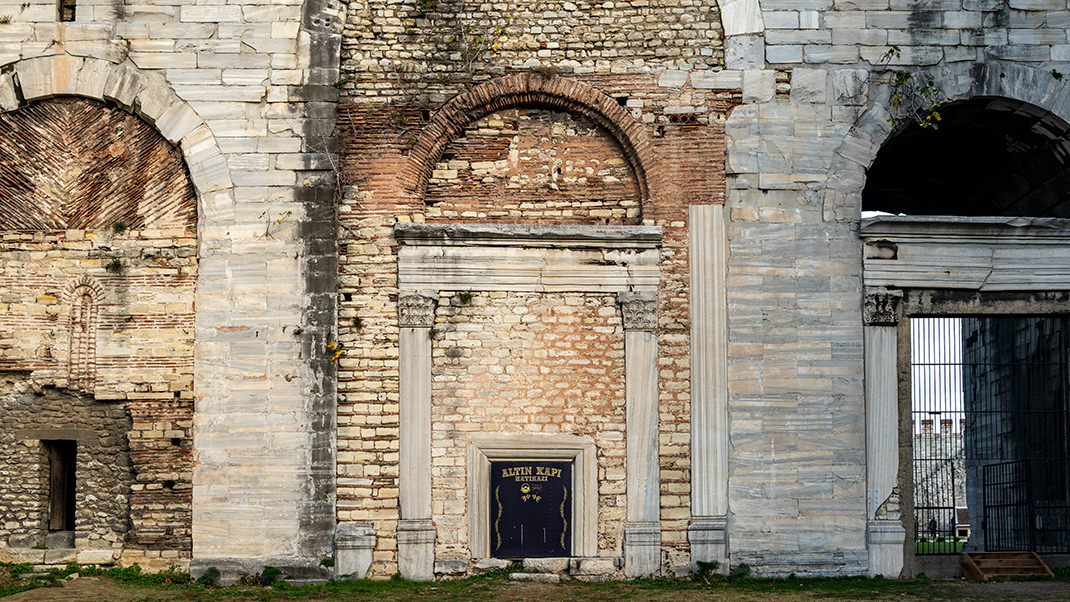
From 1869 until the end of the 19th century, the fortress housed a school for girls. In the central part of the complex, there was also a mosque with a fountain. Since 1895, Edikule Fortress has been a large open-air museum. Visitors can stroll around the area, explore the interior of the towers, or climb up to the observation deck in the western part of the fortress. For those who want to rest and have a snack, there is a small cafe available.
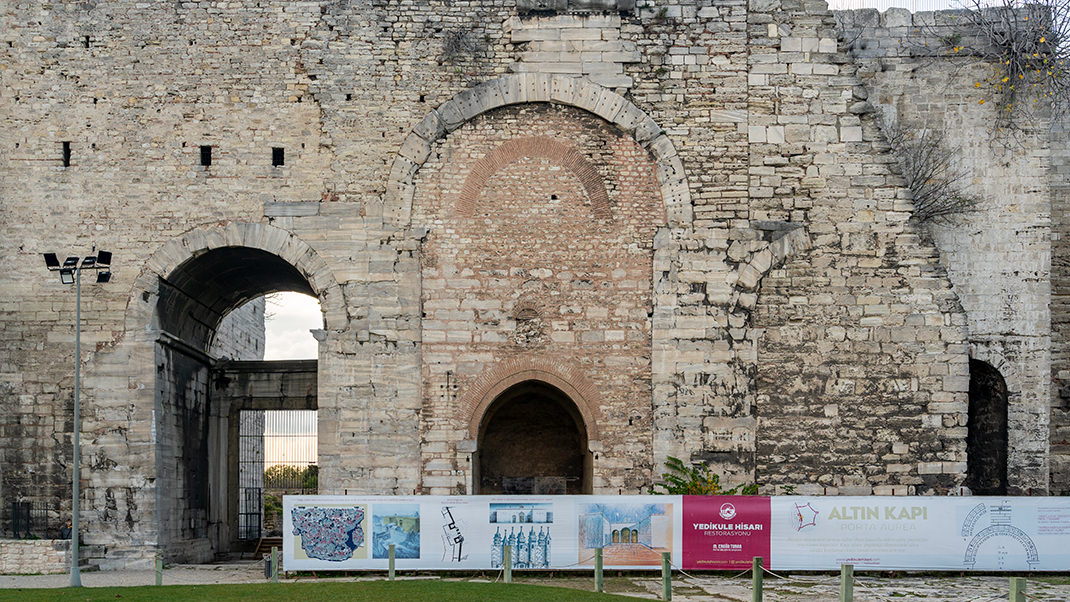
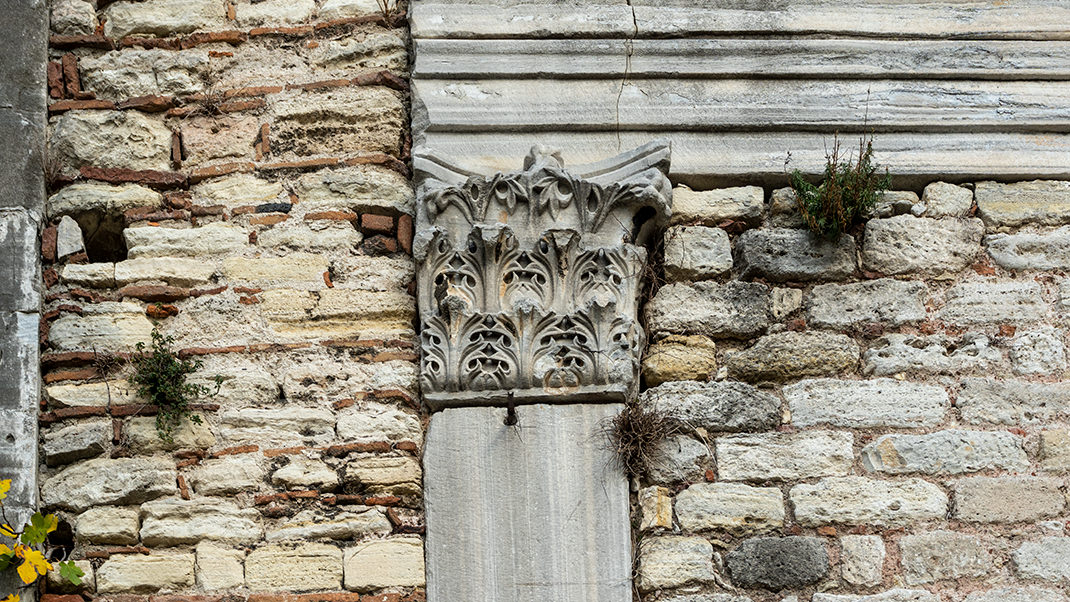
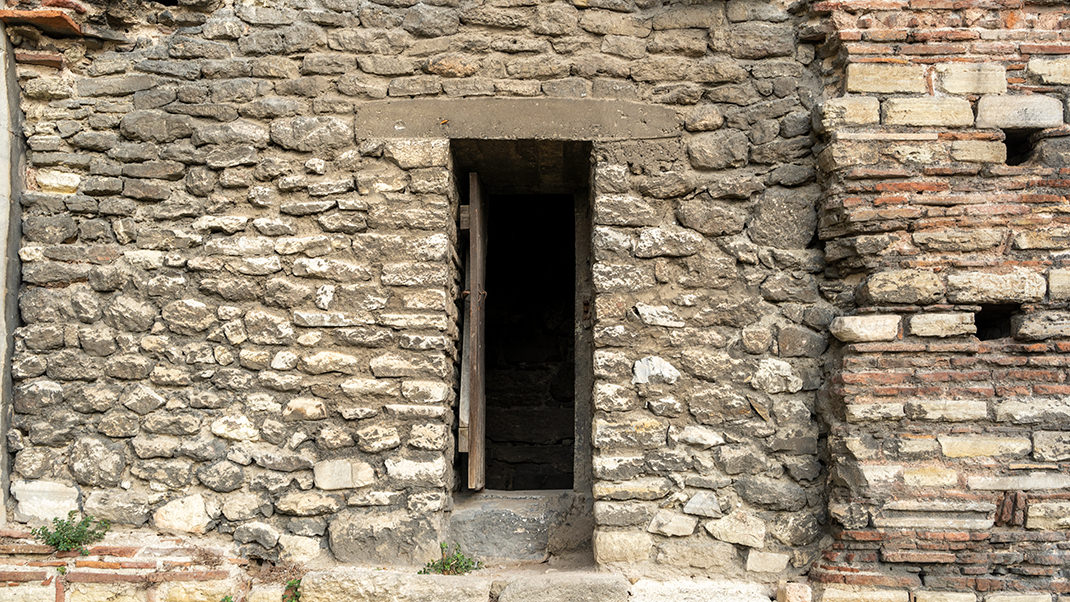
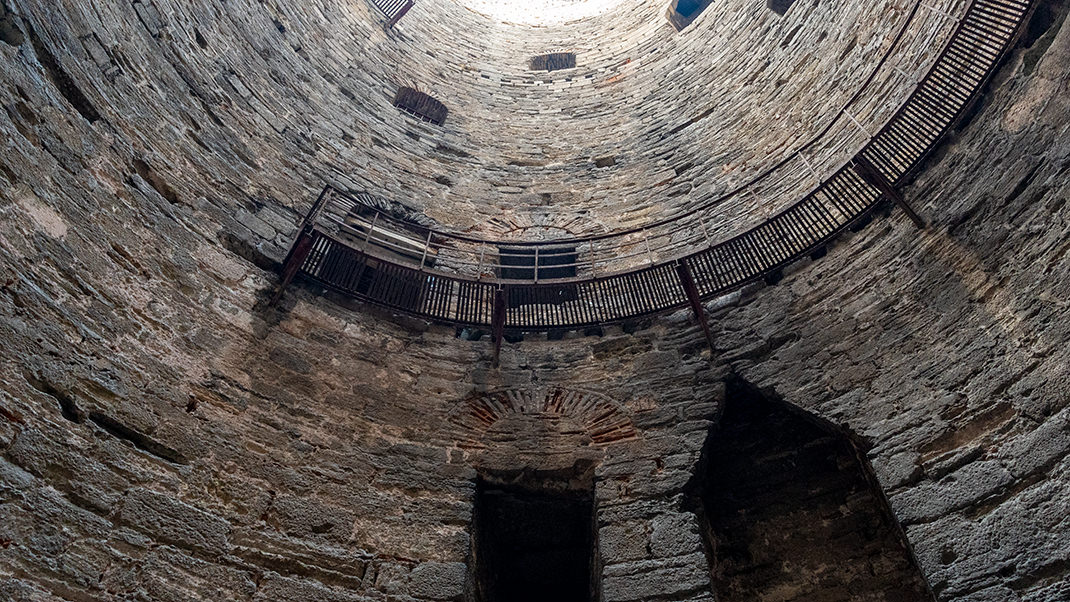
This concludes my story about this ancient fortress, but I would like to continue introducing you to the history of this area of Istanbul. Therefore, my next article will be dedicated to a route along the old walls of Constantinople.
Have a nice trip!


